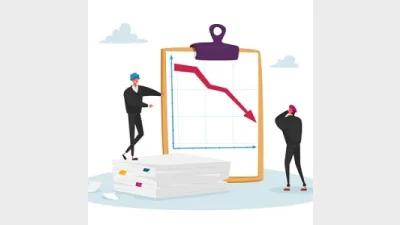Super funds return to negative territory



The median balanced option is estimated to have dropped into negative territory in August with losses of 0.5%, according to SuperRatings.
The research house found losses were across developed markets following markets like the US, UK and Australia raising interest rates to combat rising inflation.
The median balanced and capital stable option both fell by 0.5% while the median growth option fell by 0.4%.
This compared to positive returns of 0.5% in July which was attributed to a recovery in the technology sector.
SuperRatings said the monthly ‘see-sawing’ between positive and negative performance demonstrated how difficult it was to navigate this turbulent market environment.
Pension returns also decreased in August with the median balanced and capital stable pension options down an estimated 0.6% and the median growth pension option down 0.5%.
Executive director of SuperRatings, Kirby Rappell, said, "Over the month of August we have seen a slight pullback in the strong recovery in returns we saw in July.
“While it is a small negative result this month, this reflects the volatility across investment markets, with elevated inflation levels continuing to pose challenges across markets.
“Another interest rate rise impacted investment returns, though the silver lining here is that this may benefit retirees who are deriving an income from their pension accounts through exposure to cash.”
Recommended for you
The super fund’s CEO has confirmed he will finish his role in 2026.
New data shows millions of Australians have little idea how their super funds have performed over the past year.
Small-business advocates have warned the government’s Payday Super timeline risks chaos without more time, cost support, and fair penalties.
Insignia Financial’s Master Trust portfolio has expanded despite net outflows, as positive markets and new product initiatives drive growth.










